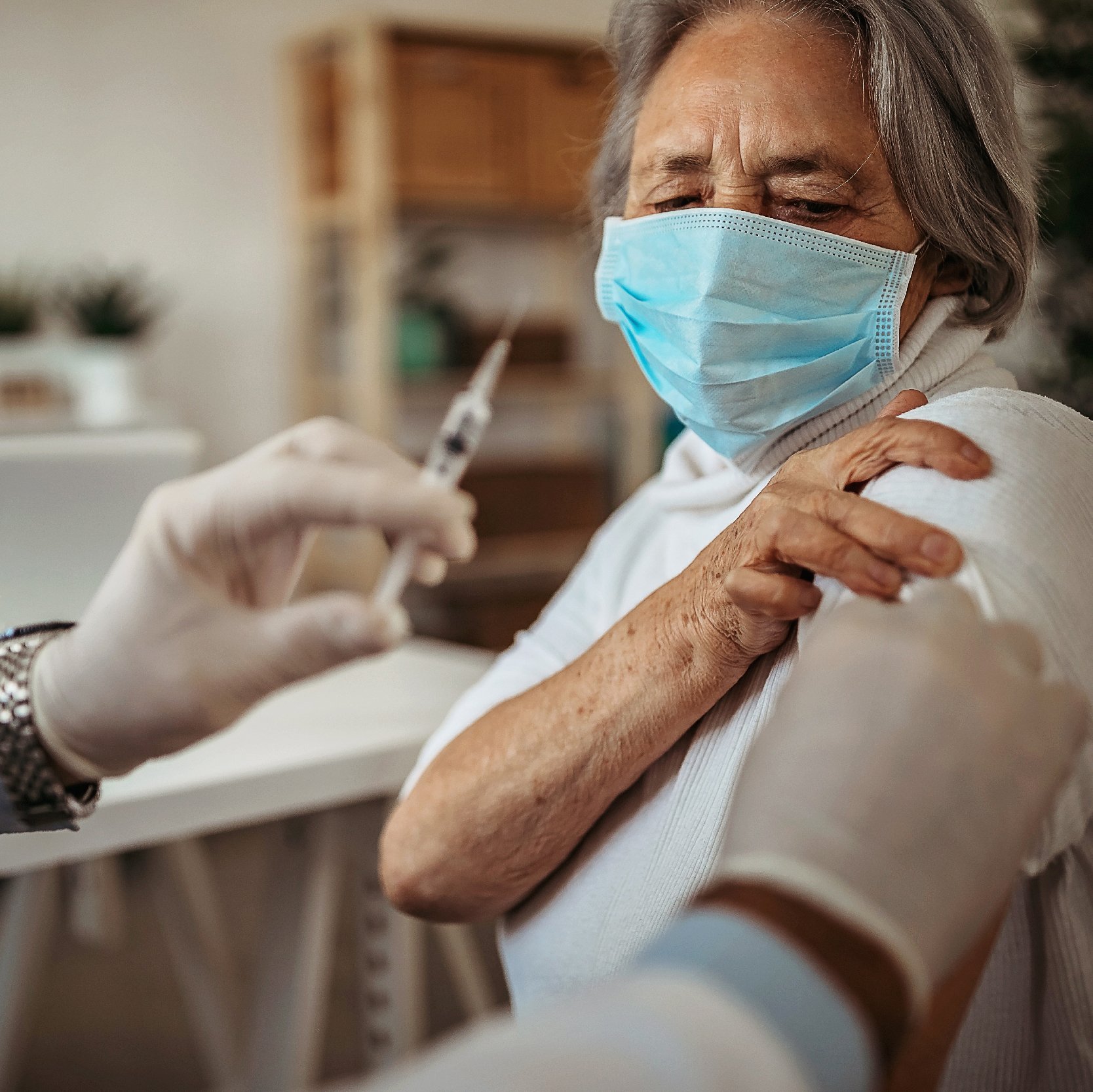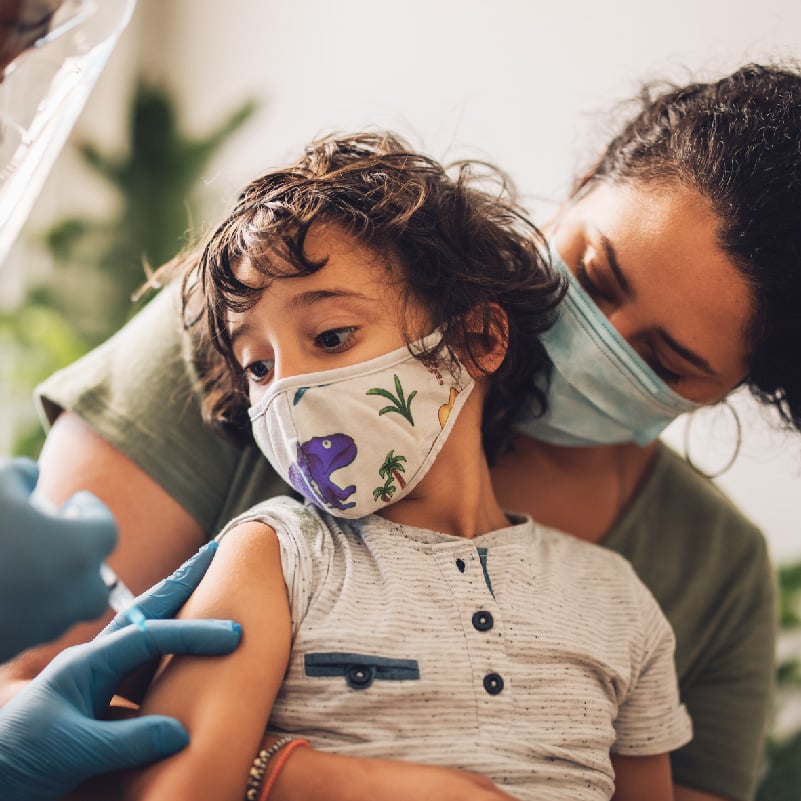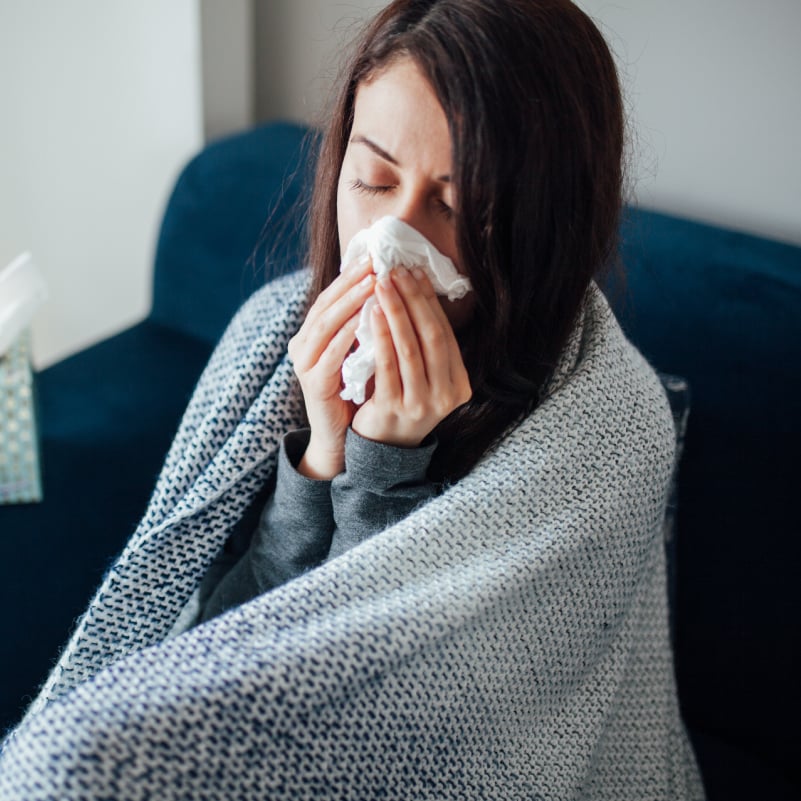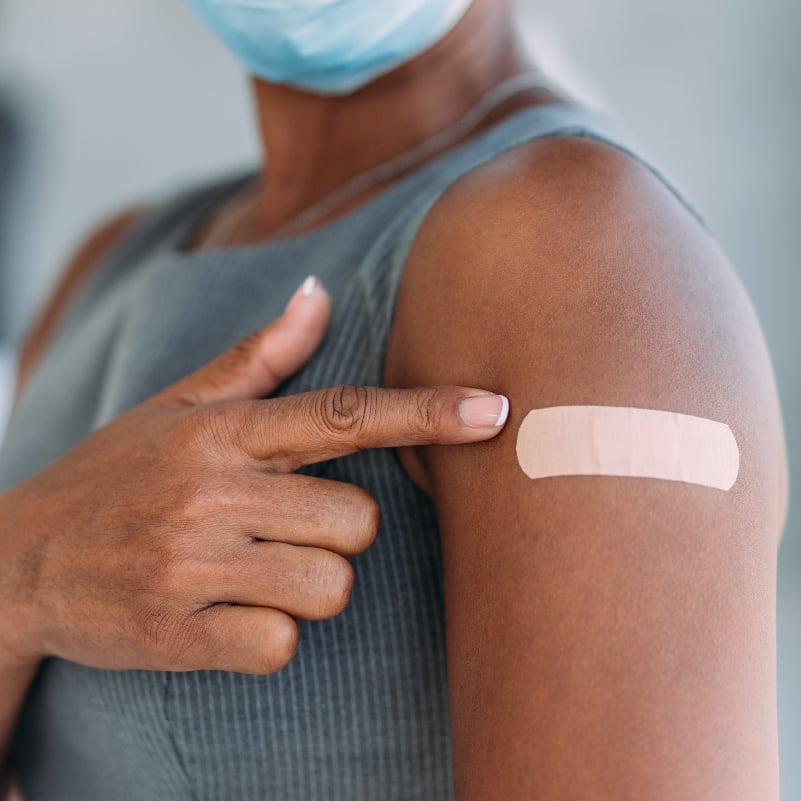Just over 50 percent of Americans are now fully vaccinated against COVID-19 and more are getting the vaccine each day. At the same time, some people are seeking out alternative treatments to avoid getting the vaccine.
Ranging from homeopathic remedies to prescription drugs not properly studied or tested for COVID-19, myths and misinformation about cures and treatments for the virus are spreading quickly online – and leading to dangerous health decisions.
Maryrose Laguio-Vila, MD, an infectious disease specialist with Rochester Regional Health, reviewed some of the claims to see if any of them stood up to scrutiny.
Vitamin C
There are some vitamins and minerals that are good for your body and helping to boost your immune system in general.
At the same time, there is not enough evidence that Vitamin C is enough to prevent your immune system from being overtaken by COVID-19 – regardless of whether it’s taken on its own or as a combination of supplements.
Read more: Vitamins and COVID-19: Can They Protect Against Infection?
Zinc
There are unproven claims that taking zinc supplements can reduce the severity and length of time for infections such as flu, viruses, and common colds, according to the National Institutes of Health (NIH).
Currently, there is insufficient data about whether zinc can harm or help your immune system as it fights against COVID-19. Doctors do not recommend taking more than the prescribed amount of the mineral as a way to boost your immune system.
Green tea
People claim that green tea contains properties that can help to improve a person’s immune system function.
There is no evidence backed up by the CDC, FDA, or NIH showing green tea improves the body’s ability to ward off COVID-19 or reduce symptoms for someone who tests positive for the virus.
Elderberry syrup
This natural remedy is promoted in holistic medicine circles as a way to treat colds, influenza, and other diseases. There are claims that it may relieve symptoms of flu or upper respiratory infections.
A small number of preliminary studies suggest there may be some relief with symptoms, but none of the studies focused on COVID-19. There is no published research on the use of elderberry with coronavirus.
“Raw and unripe elderberries, along with leaves and the stem, are toxic and can lead to nausea, vomiting and diarrhea, according to the NIH,” Dr. Laguio-Vila said. “Avoid using any elderberry product as a way to prevent or treat COVID.”
Essential oils
The movement touting essential oils claims aromatherapy based on plant extracts can support a person’s well-being and overall health. Some essential oils have been marketed as having “potent antiviral properties and a powerful antibiotic, particularly for RNA viruses, like the coronavirus responsible for acute respiratory syndromes,” according to the FDA.
The FDA issued several letters in June 2020, warning essential oil companies that these are not effective or proven treatments that could help to treat or prevent COVID-19.
Ginger
This one can be confusing at first because it has generally good health attributes. Clinical studies over the years have shown ginger can be helpful with nausea, vomiting, diabetes, and migraines. It also has some anticancer, anti-inflammatory, antidiabetic and antioxidant properties, according to the NIH.
However, studies have not demonstrated any link between ginger and a cure for COVID-19.
Ivermectin
This drug has received a lot more public attention over the last several months.
The FDA recently issued a statement about the drug, which is primarily used in the U.S. to treat animals for parasites. A version of the drug is approved by the FDA for parasitic worms in humans, but only in very specific cases. It is not an anti-viral medication.
Doses of Ivermectin for animals are very different than human doses. Reports from across the U.S. show people being sickened by taking too high of a dose and having to call poison control. The CDC issued a statement on August 26, 2021, warning against taking the drug as a treatment or preventative therapy for COVID-19.
Initial research is underway for Ivermectin as a treatment for COVID-19. However, there is no current approval for it to be used as a COVID therapy.
“Always consult your doctor or primary care provider about any new medications,” Dr. Laguio-Vila said. “Just because someone on social media says a treatment may show promise does not mean it will work. Do not take medications that have not been prescribed for you.”
The best ways you can remain best protected against COVID-19 is by following the four main health and safety guidelines:
- Wear a mask at indoor public spaces
- Wash your hands frequently
- Get a COVID-19 vaccine
- Maintain social distancing








